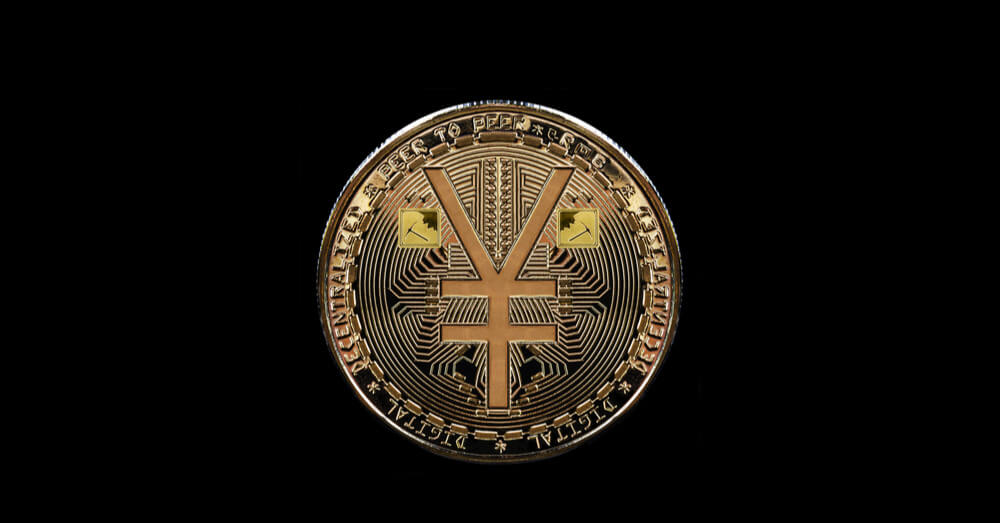
Digital yuan transactions occurred in over 6,700 different types of use cases
The People’s Bank of China (PBoC) has formally unveiled the results of their state-backed digital currency trials, as found from the pilot conducted across three Chinese cities: Shenzhen, Suzhou and Xiong’an.
Fan Yifei, the deputy governor of the PBoC, spoke virtually at the Sibos 2020 conference and stated that the bank managed to open 8,859 corporate digital wallets and 113,300 consumer digital wallets to pilot a digital yuan.
Throughout the course of the program, the digital wallets processed over RMB 1.1 billion ($162 million) across 3.1 million digital yuan transactions. The pilot had started in April and finished in August. Yifei stated that these statistics have made the digital yuan the most widely used central bank digital currency (CBDC) in a commercial setting.
The digital yuan was deployed in over 6,700 different use cases. It was wired to facial recognition, barcode scanning, and tap and go payment technologies. The researchers also used it in different industries, such as transportation, utility payments, government services, retail, hospitality, and electronic versions of red envelopes gifted to healthcare workers in Shenzhen’s Luohu district.
The digital yuan, which is also known as digital currency/electronic payment (DC/EP), has been a part of a longstanding initiative by the Chinese Government since 2014. In that year, they set up a digital currency research institute to work on the development of technologies inspired by cryptocurrencies.
The goal of the work is to upgrade the payments system, bypass international trade networks and exert geopolitical strength.
Yifei highlighted that it would be crucial for central banks to digitise bank notes through new technologies, so as to protect fiat currencies from crypto-assets and continue safeguarding monetary sovereignty.
In April of this year, the PBoC revealed that China is also planning to explore the application of the digital yuan in a tourism setting at the 2022 Winter Olympic Games, which will be held in Beijing. This is the same announcement where it was revealed that the cities of Suzhou, Xiong’an, Shenzhen and Chengdu were to be the first sites for the pilot testing.
Since then, trials have expanded to Beijing, the provinces of Tianjin, the Yangtze River Delta region, Hebei and Guangdong, and the cities of Hong Kong and Macau. The country’s Ministry of Commerce added that the testing of the digital yuan could be rolled out to central and western China in the future.

